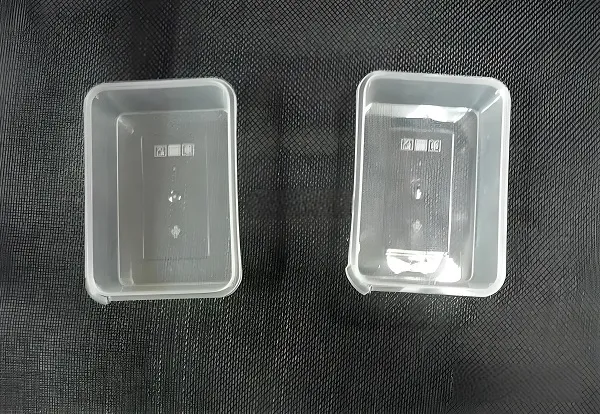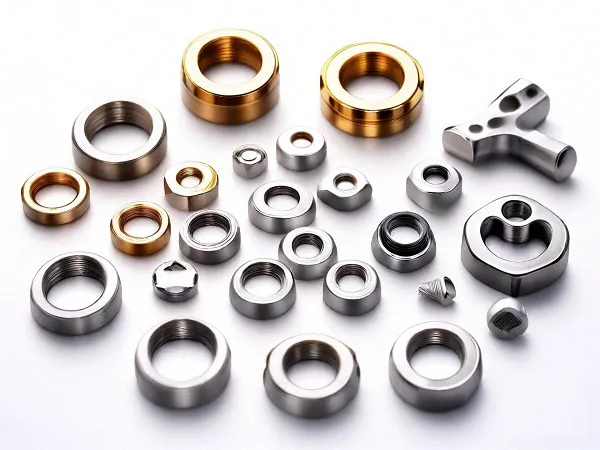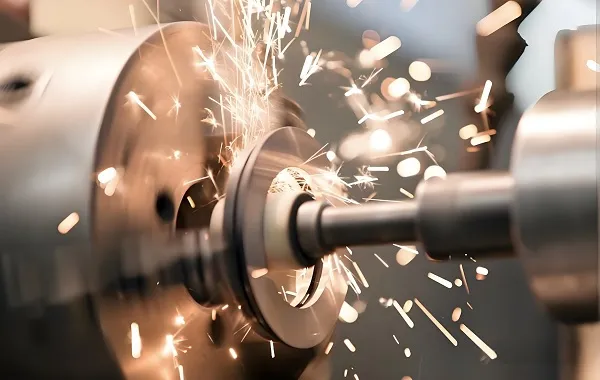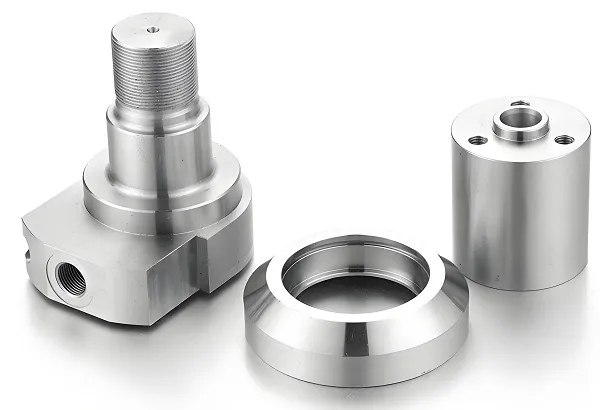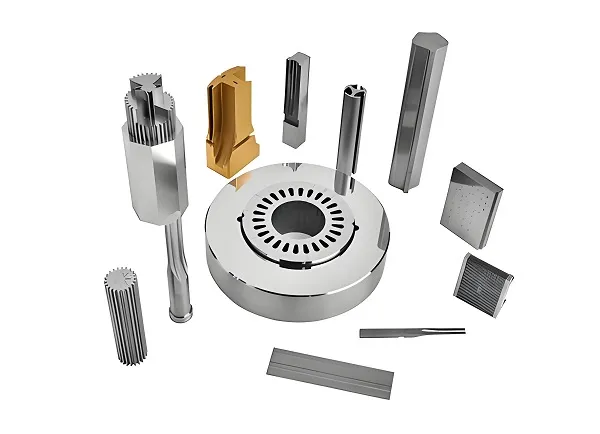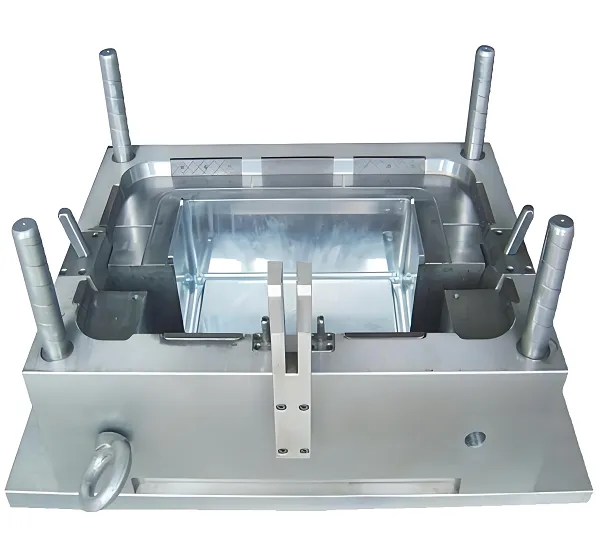Thermoplastic injection, also known as injection molding, is a widely used plastics processing technology. The technology works by heating thermoplastic granules to a molten state, then injecting them into the mold cavity using high pressure, and then cooling and curing them to obtain the desired shape of the plastic product. The injection molding process occupies an important position in the plastics manufacturing industry because of its high efficiency, flexibility and precision.
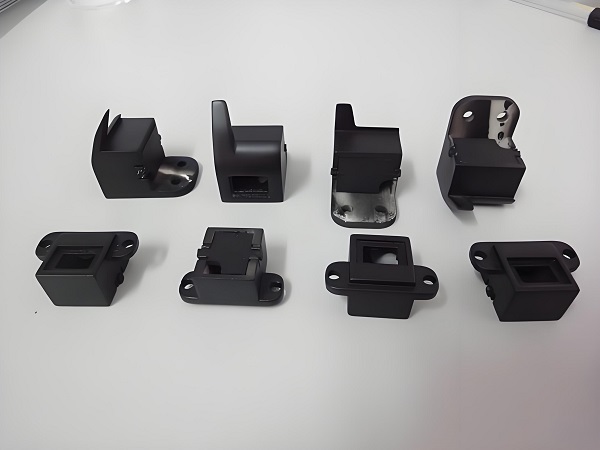
1. Advantages of thermoplastic injection molding process
Short molding cycle: the injection molding process can be completed in a few seconds to a few minutes, greatly improving production efficiency.
High production efficiency: due to the fast molding speed, and easy to automate production, injection molding can meet the needs of mass production.
Easy to realize automation: injection molding machines are usually equipped with advanced control systems, which can accurately control the molding process and realize automated production.
High product precision: injection molding can produce plastic products with complex shapes and precise dimensions to meet high precision requirements.
Wide range of adaptation: injection molding is applicable to almost all thermoplastics, and can produce plastic products from a few grams to tens of kilograms.
2. Thermoplastic injection molding fittings characteristics:
High precision: the manufacturing precision of the fittings directly affects the quality of injection molded products.
High Temperature Resistance: Since the injection molding process requires high temperature heating of the plastic, the parts need to be able to withstand high temperature environments.
Wear-resistant: injection molding machine will produce wear and tear during operation, so the parts need to have good wear-resistant performance.
Easy maintenance: in order to facilitate maintenance and replacement, the design of the accessories should be easy to disassemble and assemble.
3. Thermoplastic injection molding parts materials
Thermoplastic injection molding parts are usually made of high-strength, wear-resistant and high-temperature-resistant materials, such as stainless steel, alloy steel, tool steel, etc. These materials have good mechanical properties and good abrasion resistance. These materials have good mechanical properties and thermal stability, and can meet the various requirements of the injection molding process.
4. Characteristics of thermoplastic injection molding parts made of different materials
| Material | Tensile Strength (MPa) | Hardness (HB) | Heat Resistance Temperature (°C) | Wear Resistance |
|---|---|---|---|---|
| Stainless Steel | ≥500 | ≤220 | ≥800 | Excellent |
| Alloy Steel | ≥600 | ≤250 | ≥700 | Good |
| Tool Steel | ≥1000 | ≤300 | ≥600 | Excellent |
(Note: The data in the table are approximate ranges, the specific values may vary depending on the type of material and manufacturing process).
5. Development of Thermoplastic Injection Process
With the progress of science and technology and the development of plastics manufacturing industry, the thermoplastic injection process is constantly innovated and improved. For example, new injection molding technologies such as runnerless injection molding, co-injection molding, and reaction injection molding continue to emerge, further improving the quality and production efficiency of injection molded products.
Customized Thermoplastic Injection Parts FAQ
Q1: How to choose the right material for thermoplastic injection molding parts?
A1: Choosing the right material needs to consider the temperature, pressure, wear and tear during the injection molding process, as well as the specific requirements of the product and production cost.
Q2: What is the maintenance cycle for thermoplastic injection molding parts?
A2: Maintenance intervals depend on the frequency of use of the injection molding machine, the working environment and the quality of the parts. It is recommended to check and maintain the accessories regularly to ensure their normal operation and prolong their service life.
Q3: Is it possible to customize the thermoplastic injection molding parts according to customers’ requirements?
A3: Yes, many injection molding machine manufacturers and accessory suppliers offer customized services to design and manufacture thermoplastic injection molding accessories according to customers’ specific needs and product specifications.
Through the above introduction, I believe you have a deeper understanding of thermoplastic injection. If you have more questions or needs about injection molding, please feel free to contact us.

